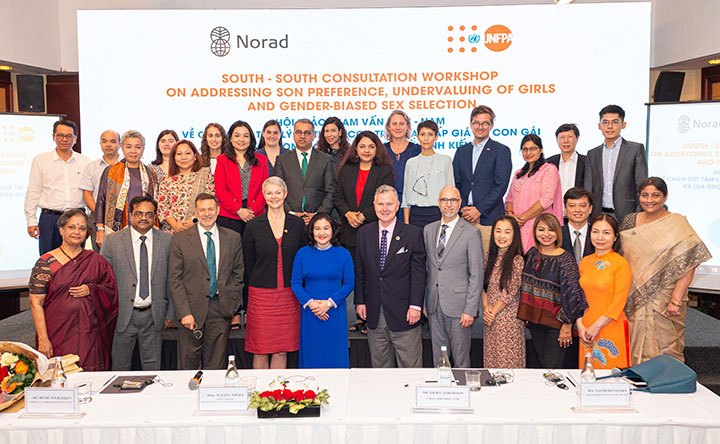By: Asem Mustafa Awan
The Foreign Office has condemned Indian Foreign Minister SubramaniamJaishankar’s accusation of sponsoring international terrorist activities on Pakistan.
In response to the Indian Foreign Minister’s statement last week, the Foreign Office has urged India to allow Kashmiris to exercise their right to self-determination in accordance with their aspirations and UN Security Council resolutions.
The statement demanded the international community hold India accountable for sponsoring terrorist organizations and fomenting unrest in neighboring countries. The Foreign Office termed Mr. Jaishankar’s remarks as an attempt to hide New Delhi’s terrorist activities and human rights violations and to mislead the international community.
Diplomatic, political and trade relations between Pakistan and India have been strained for a long time. The power of the BJP in India is based on anti-Pakistan sentiments.
In India, the practice of using anti-Pakistan and anti-Islam rhetoric for political popularity has become so common that now the Congress and other secular parties are also inclined to support extremist policies. The PTI government proposed to resume talks, now Foreign Minister Bilawal Bhutto and Prime Minister Shehbaz Sharif are also offering talks with India, but in response, a series of denials and accusations are being presented.
On international forums, India has been continuously holding Pakistan responsible for the terrorist incidents in Occupied Kashmir and Indian territories. India has hidden the fact from the international community that many freedom movements are active on its soil.
Freedom movements in Nagaland, Jharkhand, Punjab have been a headache for the government. On the other hand, India has started subversive activities in its neighboring countries to expand its sphere of influence in the region. The border region of Balochistan in Pakistan is targeted by India, the arrest of Kulbhushan is proof of India’s involvement. India has been using the land of Afghanistan against Pakistan for a long time. These activities of India fall under the category of global terrorism.
India’s state terrorism is evident in Occupied Kashmir, more than 900,000 soldiers continue to terrorize, torture and jail innocent Kashmiris. Pakistan has played a prominent role for world peace and its presence in global war against terrorism has been recognized by the international community.
According to The Hindu newspaper, the Indian foreign minister said in a speech in Vadodara on Saturday: “No other country does terrorism the way Pakistan does. According to the newspaper, Jaishankar said that India is known as an “expert in information technology”, while Pakistan is known as an “expert in international terrorism”. The Indian foreign minister does not bother to explain why India wants to control the security of the entire region, is it not terrorism to run a violent campaign to control the security of others?
The roots of the comprehensive negotiation process between Pakistan and India can be seen from May 1997, then Indian Prime Minister Inder Kumar Gujral and his Pakistani counterpart Nawaz Sharif met in Malé, the capital of the Maldives.
The peace process enabled the two countries to simultaneously discuss all issues, including Jammu and Kashmir, but the BJP’s power in India became an obstacle to the peace process between the two countries.
The writer is a Special Correspondent at The Dayspring







